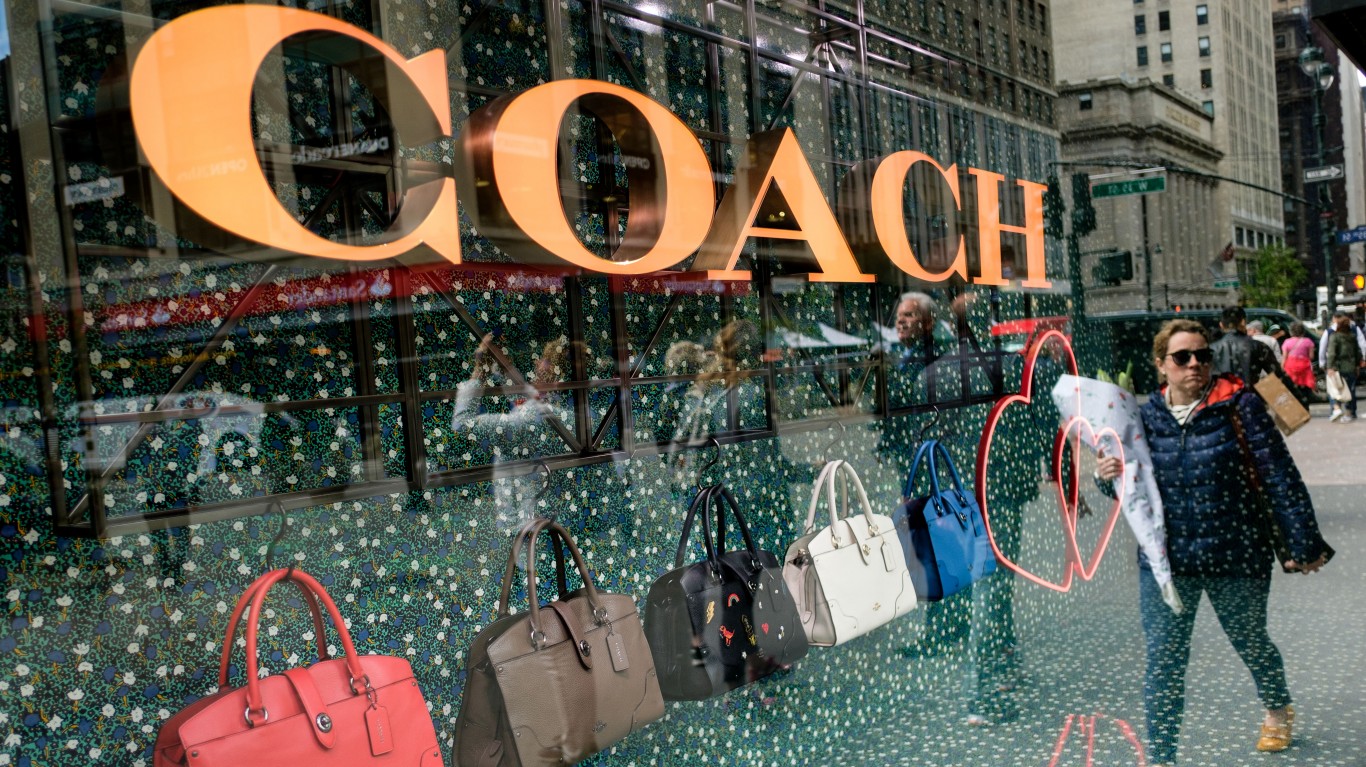Investing
Morning Blast: Driverless in San Francisco, Consolidating Luxury, and No Boxes, No Worries

Published:

California’s Public Utilities Commission (CPUC) on Thursday granted Cruise and Waymo approval to begin charging passengers for using the companies’ driverless vehicles in San Francisco. Cruise, which General Motors acquired for $1 billion in 2016, and Waymo, originally one of Alphabet’s “Other Bets,” were founded in 2013 and 2009, respectively.
According to the CPUC’s announcement, Cruise and Waymo have received approval “to offer fared passenger service” either in limited areas (Cruise) or throughout (Waymo) San Francisco. Waymo also received approval to offer fee service in parts of Los Angeles and around its home base of Mountain View, California.
On its blog, Waymo said that it has more than 100,000 people on its waitlist to be given access to the driverless service and that the company will be “welcoming new riders to Waymo One incrementally.”
Luxury product holding companies, Tapestry Inc. (NYSE: TPR) and Capri Holdings Ltd. (NYSE: CPRI), have agreed to a deal under which Tapestry will acquire Capri for $57.00 in cash per share. The deal values Capri at around $8.5 billion.
The two luxury products own several of the most recognizable luxury brands in the world. Tapestry owns Coach, Kate Spade and Stuart Weitzman, among others, while Capri owns Versace, Jimmy Choo and Michael Kors, along with several other brands. The combined companies generate about $12 billion in annual sales.
While not a small deal, luxury goods titan LVMH generates around $90 billion in sales annually and has a market value of around $440 billion. The company’s CEO, Bernard Arnault, is the world’s richest person on the days when Tesla CEO Elon Musk isn’t.
LVMH owns some of the world’s most recognizable and expensive luxury brands: Tiffany, Louis Vuitton, Dior, Tag Heuer, Moët & Chandon and Hennessy. The company in February named American musician Pharrell Williams as the new design director of Louis Vuitton.
As one might expect, shares of Tapestry fell nearly 16% on Thursday to close at $34.67 in a 52-week range of $27.53 to $47.48. Capri stock soared, up nearly 56% to close at $53.90 in a 52-week range of 34.17 to $69.25. The deal is expected to close in 2024.
From silk and leather to cardboard. The Wall Street Journal has an interesting story about Amazon.com Inc.’s (NASDAQ: AMZN) transition to shipping goods to customers without using more packaging than what the manufacturer provides. If customers order a big-screen TV and are not around to receive it, the package in all its glory will sit on the porch until they (or someone else) get there to fetch it.
According to the report, Amazon already ships about 11% of its items without extra packaging. The change is possible because Amazon has doubled its warehouse network since the pandemic and is able to deliver goods to customers from eight regional warehouses, making the travel distances shorter and less potentially damaging to the goods being shipped.
It is a good deal for Amazon, which will realize reduced costs for packaging and handling, and probably even a good deal for product makers who will have to alter their packaging. Customers could end up being less satisfied.
Retirement can be daunting, but it doesn’t need to be.
Imagine having an expert in your corner to help you with your financial goals. Someone to help you determine if you’re ahead, behind, or right on track. With SmartAsset, that’s not just a dream—it’s reality. This free tool connects you with pre-screened financial advisors who work in your best interests. It’s quick, it’s easy, so take the leap today and start planning smarter!
Don’t waste another minute; get started right here and help your retirement dreams become a retirement reality.
Thank you for reading! Have some feedback for us?
Contact the 24/7 Wall St. editorial team.